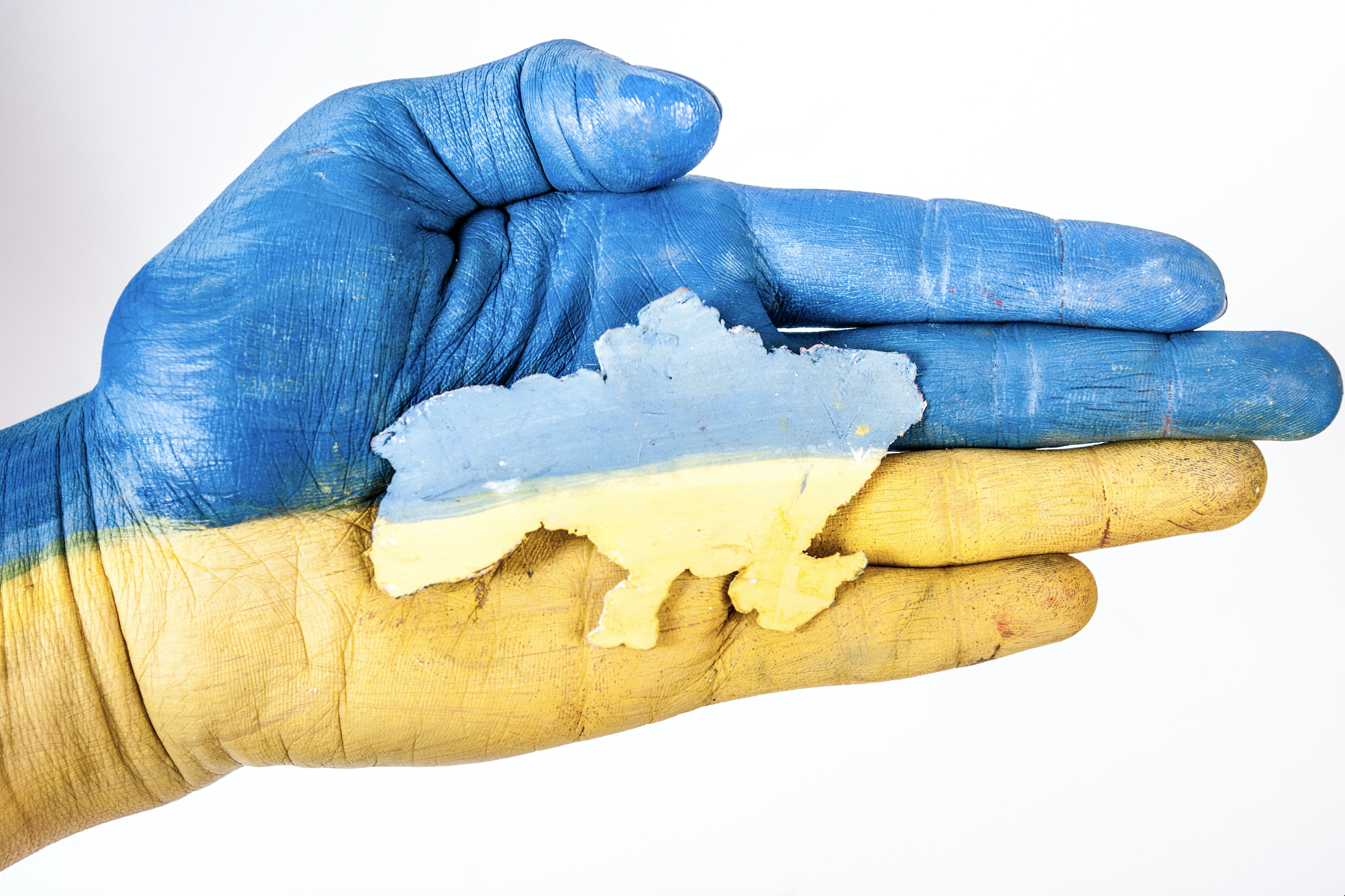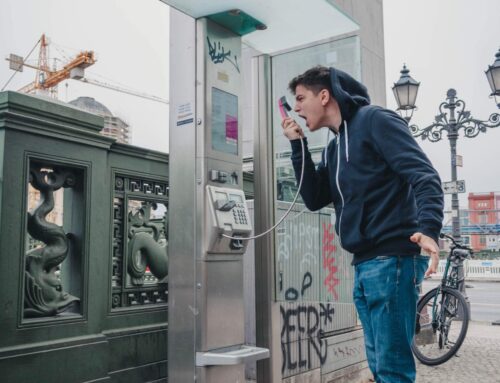Why Ukraine Matters to each of us…
As an exchange student in 1984, I was immediately plunged into the European political arena every day on our campus in Normandy. International refugees poured into France from Poland, Iran, Lithuania, Ukraine, Romania, and other countries. Nearly 600 terrorist attacks occurred that year including the IRA bombings in the United Kingdom, Direct Actions bombings in Paris, as well as the 300 bombs claimed by the Front for the National Liberation of Corsica. America was at the height of the Cold War with the USSR where Russia and her allies boycotted the 1984 Summer Olympics. Prime Minister Indira Gandhi was assassinated and the Middle East was roiling in conflict.
No longer in my Yankee bubble, I witnessed firsthand the hatred in German manifestations against the U.S.A. and our bases. I experienced the poisons of nationalism and radicalism by being in Ajaccio at the wrong time with flying bullets and held at knifepoint by a crazed Algerian at a student dance party, dragged by my blonde hair, being called a dirty American whore.
But those incidents were nothing compared to my friends’ stories. How Afsi and her mother had witnessed the killing of her brothers and father in Tehran or how the Polish professor had 8 hours to leave Warsaw with his family carrying forged passports. How Sharifa’s family had fled Syria prior to the Hama genocide and how Josef fought with the Lebanese Maronite forces. I listened to Nadya’s description of Lithuania’s devastation by the Soviets and Irina’s portrait of her grandfather’s execution at Babyn Yar.
But their eyes contained even more stories. The unspeakable horrors of rapes, ransackings, and killings that they dared not voice. Their memories causing unwanted tears and at times, sobs, as we held our cups of lukewarm tea in our hands. I often think of Afsi and the professor, praying they found solace in their lives.
Now as I listen to Carlson Tucker’s insipid, satirical tirade on “Why should I hate Putin”, I realize that our political discussions have been whittled down to the doublespeak George Orwell so aptly demonstrated in “1984”. We have forgotten the devastating study of communism in Czeslaw Milosz’s “The Captive Mind,” where people abandoned their moral compass to follow totalitarianism so they were not killed.
President Reagan surely must be rolling in his grave since he “committed the U.S. to “neutralizing” Soviet control over Eastern Europe and authorized covert action and other means to support anti-Soviet groups in the region.” In his famous 1987 Berlin Wall speech, Reagan said, “Mr. Gorbachev, tear this wall down.” When the wall finally fell in 1989, many of us called our European friends jubilant that the symbol of tyranny and death was gone. And when Mr. Gorbachev visited Washington D.C. to meet with the president, I cried with joy as the motorcade passed us.
Yet, 35 years later after Reagan’s speech, many top Republicans, including Trump, Mike Pompeo, and others praise Putin, for his “genius” concerning his latest invasion. Many U.S. conservative think tanks believe we should not cross the “bright red line that risks confrontation with a nuclear-armed power”. Even journalists ask if NATO made the confrontation between Russia and Ukraine worse by expanding.
No, NATO isn’t the problem nor is Ukraine’s 44 million citizens who want a democratic country. These people are like my classmates in 1984. They only want peace, a home for their families, food on the table, safety in the streets, a country where no one will kill them for their political beliefs, religion, or sexual orientation.
But I fear the world will sacrifice Ukraine, burying its head in the sand, as Neville Chamberlain did with the Munich Agreement in 1938. Putin, like Hitler, will not stop enlarging Russia’s borders with only Ukraine.
Dictators never do.
That’s why Ukraine matters.





